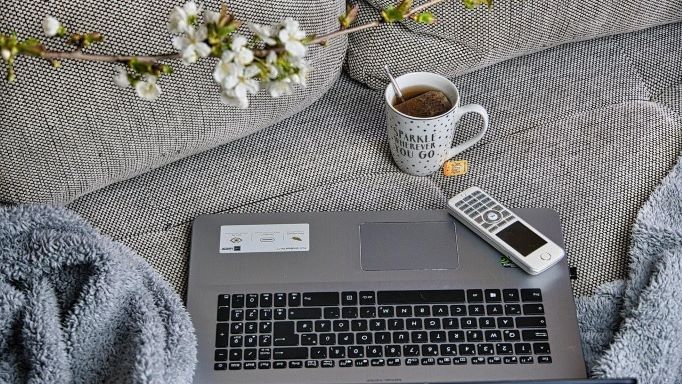
This is a contributed post. However, all opinions expressed in this post are based on my personal view.
When you first start working from home, it can seem like a dream come true. You get to avoid the stressful commute, there’s no micromanaging boss looking over your shoulder every five minutes, and best of all, you are the master of your own time. You can take a coffee break or even a nap whenever you like, as long as you’re on time for the next dreaded Zoom meeting.
But as anyone who works from home regularly will know, it’s not all fun and games. Before long, you start to miss the camaraderie of the traditional office, as well as the comforting structure that comes with deadlines and routines. Working from home can be a lonely and isolating experience, and that’s why it is so crucial for remote workers to look after their mental health.
If you are struggling to stay on top of your mental and emotional well-being while working from home, here are a few tips to help you cope.
Stick to a routine
Without the confines and deadlines of the office, it’s easy to let your home and work lives blur into one. Perhaps you’re not an early bird, and you like to work late into the evening. That’s fine if it works for you, but a complete absence of routine can make it hard to wind down at the end of the working day. Whatever your schedule, make sure you have a fixed start and end to the day, so you know when to switch off and relax.
Take breaks
When you work from home, you can often feel like you always need to be available, responding to emails the second they hit your inbox just to prove to your boss that you are working. But not taking adequate breaks can have a drastic effect on your stress levels.
Make sure you schedule regular breaks of ten to fifteen minutes throughout your day, as well as a more extended break for lunch. Regular breaks not only help you destress but can also improve your productivity levels. So grab a coffee, have a stretch, and give your eyes a rest. Your work will still be there when you get back.
Stay on top of things
When you’re working remotely, it’s easy to let your job take precedence over other aspects of your life. If you’re not careful, you might find your unpaid bills piling up, home repair left neglected, and your cupboards empty of food. Make sure you look after yourself and remember that you have other essential commitments beyond work.
And don’t be afraid to get help to manage your time better. Too busy to go grocery shopping? Order a food shop online. Can’t find the time to fix that leaky tap? Use a professional services website like Snupit, and a plumber will be around in no time.
Stay connected
Talking to people is one of the best things for your mental health. Working from home can make you feel isolated, so it’s crucial you check in with your colleagues now and then, even if it’s just for a quick chat. Remember, if they’re working remotely too, they’re probably feeling the same as you. Schedule time for a digital coffee break or pick up the phone for an impromptu chat.



